Key events
Filters BETA
It’s 30 years to the day since Paul Keating gave his famous Redfern address. The speech is often referred to as the greatest in Australian political history. It was the first time a prime minister spoke about the dispossession and violence Aboriginal and Torres Strait Islander peoples had survived.
Guardian Australia asked those who were on the stage with Keating, and some of those who were in the crowd, to share their memories of the day and reflect on the legacy of those words.
You can read what Sol Bellear, Stan Grant and Matthew Doyle remember of that moment here:
The fallout from the Bruce Lehrmann case continued on Friday, after the Guardian revealed the director of public prosecutions Shane Drumgold SC made a series of explosive allegations against investigators in the case.
He accused them of trying to pressure him into accepting their view that Lehrmann should not be charged, bullied Brittany Higgins to the point where she needed to be insulated from contact with them, and then aligned themselves with the defence during the trial.
His concerns are now being dealt with by the Australian Commission for Law Enforcement Integrity, which works in private.
In a letter on 1 November, he told chief police officer Neil Gaughan that he wanted a public inquiry to examine police and political conduct.
ACT attorney-general Shane Rattenbury is yet to decide on whether such an inquiry should be held.
On Friday, both Gaughan and Lehrmann’s barrister Steven Whybrow supported calls for a public inquiry. They said they wanted the inquiry to examine the conduct of all parties, including the DPP.
In a letter to his officers, Gaughan said the allegations made by the DPP were untested. He said:
In his letter to me, the DPP did raise with me his view that there should be a public inquiry into political and police conduct during the investigation and the trial of this matter.
I welcome a public inquiry into all aspects of the matter including, (but not limited) to the actions of police, the prosecution and defence, issues leading to delays in the trial, issues leading to the subsequent mistrial, the decision not to proceed and the associated allegations of contempt of court.
Lehrmann has consistently maintained his innocence and pleaded not guilty to one charge of sexual intercourse without consent.
He says no sexual activity occurred with Higgins, a fellow political staffer. The collapse of the trial leaves him with the presumption of innocence.
Sticking with the mountain mist frog, which has just been declared extinct, a kind reader has just sent me a Spotify link to a recording of its calls, as part of a collection called “songs of disappearance”. The frog has not been seen for 20 years.
You can listen here.
Mountain mist frog declared extinct
Adam Morton
The mountain mist frog, a species once found across two-thirds of Australia’s wet tropics, has been declared extinct in the latest update to an international “red list” of threatened species.
The frog has not been seen for more than 20 years. It is believed to have been affected by chytrid fungus, a disease that attacks the skin and has wiped out amphibian populations. Rising temperatures driven by greenhouse gas emissions have also reduced its mountain habitat. It is still listed as critically endangered by the Australian government.
It is one of 26 Australian species on the red list, which is compiled annually by the International Union for Conservation of Nature. Most of the Australian species with a declining status are types of orchid.
There is also some good news. The Australasian bittern, a bird that belongs to the heron family, has had its status improve from endangered to vulnerable.
But Jess Abrahams, a nature campaigner with the Australian Conservation Foundation, said the list showed Australia’s extinction crisis was continuing. The country has one of the highest rates of species decline in the developed world, and has lost more mammal species than any other continent.
We know what’s causing this crisis: habitat destruction, invasive species and climate change. We know the solutions to the crisis: stronger environment laws, stronger climate action and increased investment in habitat protection and restoration.
The Albanese government is heading in the right direction by instituting an overhaul of our flawed national environment law, but it must not delay or cut corners.
The list was released during Cop15, a global summit focused on the biodiversity crisis. The Australian environment minister, Tanya Plibersek, flies to Montreal next week for the latter part of the meeting. You can see the Guardian’s coverage of the summit here.
My colleague Patrick Greenfield has also written about what else has changed on this year’s red list.
Elaine Pearson, Human Rights Watch Asia region director, is speaking to the ABC about the awarding of the Nobel peace prize to Ukraine’s Center for Civil Liberties, Russian rights group Memorial and jailed Belarusian activist Ales Byalyatski. The award was announced on human rights day.
Pearson says:
I think that sends a very powerful message that this is not just about … we see all the horrors of the war that is taking place right now in Ukraine, but we don’t always see the actions of the human rights defenders who are documenting those war crimes at great personal risk to themselves. We don’t always see the actions of the human rights defenders who are opposing these war crimes, groups like Memorial. We had to close our office earlier this year, which shows how difficult the climate has become. So I think it’s really meaningful that this award is being shared between three different human rights organisations that are really putting their lives on the line in order to defend human rights.
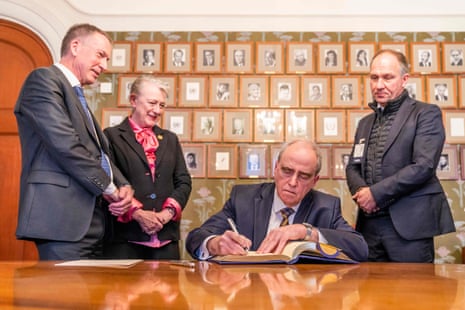
Reporters Joe Hinchliffe, Sean Ruse and Michael McGowan have looked in-depth at the crackdown on protesters by state governments, which are using heavy-handed laws to counter provocative demonstration tactics.
They report:
As activists use increasingly provocative – and divisive – tactics in a bid to highlight the urgency of the climate crisis, state governments are beginning to respond with a suite of heavy-handed new laws aimed at curtailing the demonstrations.
In New South Wales, 32-year-old Deanna “Violet” Coco was last week handed a 15-month jail sentence after she blocked a lane of traffic on Sydney’s Harbour Bridge in April.
Coco was the first person to be jailed under controversial laws passed earlier this year that introduced a possible two-year prison sentence for people who block major roads, bridges or ports.
The laws have been widely condemned by a coalition of environmental groups, unions, civil liberties organisations and legal groups, but enjoy the support of both the Coalition government and Labor opposition.
You can read the full story here:
The ABC is reporting that the Australian Taxation Office raided 35 properties across the country as part of a crackdown on tax avoidance and under-reporting of sales.
The ATO reportedly raided properties across Victoria, New South Wales, Queensland, Western Australia and Tasmania, but would not say which businesses were raided or whether charges have been laid. The ABC reports that the investigation focussed on businesses suspected of using or supplying electronic sales suppression tools, which help artificially hide business transactions and reduce sales values for the purpose of avoiding tax.
Just sticking with the sanctions story, for a moment.
Penny Wong and Tim Watts, the foreign minister and assistant foreign minister, have released a joint statement just now.
They say:
The listings demonstrate the Australian government’s commitment to take clear action to assert our values, and to hold perpetrators of serious human rights violations and abuses to account.
In addition to human rights sanctions, Australia is joining partners to announce further targeted financial sanctions on three Iranian individuals and one business involved in the supply of drones to Russia for use against Ukraine.
Russia is using Iranian-made drones to target civilians and critical infrastructure, with the intention of denying Ukrainian people energy, heating and water as they face freezing winter temperatures.
The supply of drones to Russia is evidence of the role Iran plays in destabilising global security. This listing highlights that those who provide material support to Russia will face consequences.
The Australian government calls on countries to exert their influence on Russia to end its illegal, immoral war.
Australia stands with the people of Ukraine and with the people of Iran.
We employ every strategy at our disposal towards upholding human rights – ranging from dialogue and diplomacy to sanctions – consistent with our values and our interests.
The Albanese Government’s approach is to deal with the world as it is, and seek to shape it for the better.
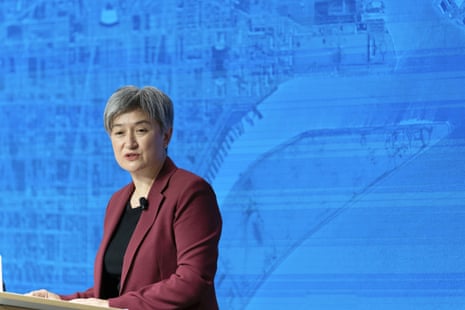
The Sydney Morning Herald is also reporting the Labor government will deploy special forms of sanctions for the first time, including on seven intelligence operatives allegedly involved in the poisoning of Alexei Navalny.
The Guardian reported this morning that the targeted sanctions include asset freezes and travel bans, and will target the head of Iran’s morality police, among others. The sanctions are being used on 13 alleged human rights abusers for the first time by the Albanese government.
The Herald has published an opinion piece by foreign affairs minister Penny Wong, who says:
The Iranian regime’s flagrant and widespread disregard for the human rights of its own people has appalled Australians, and the perpetrators must be held accountable.
Sanctions are not our only choice, and they will rarely be our first choice.
It’s about making the best judgement I can in this role, about the right approach at the right time.
Penny Wong imposes sanctions against Iran’s morality police
The foreign affairs minister, Penny Wong, has imposed sanctions against Iran’s morality police and Basij Resistance Force amid growing criticism of Iran’s crackdown on protesters.
The move follows weeks of calls from human rights groups and the opposition to use the Magnitsky-style targeted sanctions laws, which passed the parliament a year ago and before now had only been used once by the Coalition.
A sanctions notice was signed off by Wong on Thursday and posted on the federal government’s register of legislative instruments on Friday.
The instrument shows Wong has listed Iran’s morality police and Basij Resistance Force as designated entities. The list of sanctioned individuals also includes Mohammad Rostami Cheshmeh Gachi, who is the head of the morality police, and Haj Ahmad Mirzaei, the head of the Tehran division of the morality police.
The instrument also cites Gholamreza Soleimani, who commands the Basij, a paramilitary force, and Iranian police chief Hossein Ashtari.
A number of Russian citizens who were suspected of involvement in the poisoning of Kremlin critic Alexei Navalny have also been included in the sanctions list. Those sanctioned are subject to Australian travel bans and asset freezes.
The Australian government’s explanatory note states that it is listing 13 persons and two entities “that have engaged in, been responsible for, or been complicit in, serious violations or serious abuses of human rights in Iran and Russia”.
It adds:
The listings cover serious violations or serious abuses of the right to life and the right not to be subjected to torture or to cruel, inhuman or degrading treatment or punishment. These relate to the oppression of women in enforcing the Islamic dress code and violent suppression of peaceful protests in Iran and the attempted assassination of Alexei Navalny by poisoning in 2020.
Wong’s office was contacted on Friday but did not respond. Earlier this month the Coalition’s foreign affairs spokesperson, Simon Birmingham, said Australia shouldn’t be slow to impose sanctions on Iranian figures, “particularly at what feels like it could be a moment in time for Iranians who are showing such courage and bravery in taking to the streets and in standing up for basic rights that the rest of us take for granted”.
Japan and Australia signal greater defence cooperation

Daniel Hurst
Japan could deploy combat aircraft including F-35s on rotations to Australia after senior ministers from both countries met in Tokyo late yesterday to ramp up defence cooperation.
A statement issued overnight said Japan would also look to increase training opportunities with the US forces in northern Australia. Japan and Australia would also cooperate on strategic capabilities, including long-range guided weapons and undersea warfare.
The Australian defence minister, Richard Marles, and the foreign affairs minister, Penny Wong, met their Japanese counterparts, Yasukazu Hamada and Yoshimasa Hayashi, in Tokyo yesterday. Marles and Wong visited Japan after talks in the US earlier in the week.
The four ministers said in a statement issued afterwards that Australia and Japan shared a vision “for a free and open Indo-Pacific that is inclusive and resilient [and] where sovereignty and international law, including universal human rights, are upheld”.
The statement flagged plans to expand air-to-air refuelling pairings between the Japan Air Self-Defense Force and Royal Australian Air Force aircraft.
It said the two countries were also “accelerating the consideration of” measures such as:
-
Manoeuvre deployment training of Japan’s F-35s with an eye to future rotational deployment of Japan’s fighters including F-35s in Australia while welcoming Royal Australian Air Force F-35s coming to Japan next year for the first time to participate in Exercise Bushido Guardian.
-
Enhancing the complexity of Japan Self Defense Forces’ participation in Exercise Talisman Sabre.
-
Options to conduct submarine search and rescue training between the Japan Maritime Self Defense Force and the Royal Australian Navy.
-
Amphibious operations, exercises and guided weapon live-fire drills.
Welcome
Good morning and welcome to our rolling news updates this Saturday morning. Christopher Knaus will be here to guide you through the day but first let’s look at what has been making news overnight.
The energy deal nutted out at national cabinet yesterday is making the headlines today. Estimates are that households will save at least $230 on average on their power bills after prime minister Anthony Albanese and state and territory leaders signed off on plans to cap the price of coal and gas. The federal government will provide $1.5bn in energy bill relief to eligible households and small businesses, which will be paid through state or territory governments. Parliament has been recalled for next week to ratify the plan.
Big news as well from Victoria where Labor clinched the remaining seat of Bass to confirm an even bigger state election triumph than the 2018 “Danslide” won by premier Daniel Andrews despite overseeing the controversial long lockdowns in the state and rumblings about infrastructure spending.
The really important news is that an oversupply of mangos has seen the price of the succulent summer fruit plummet to as low as $1.90 apiece. So great for those of us who love mangoes but not great for farmers. Brett Kelly, chief executive at Australian Mangoes, said the low price was being driven by an overlap in supply from different regions. “There will be a tremendous amount of volume over the next few months, so consumers will be able to get their mangoes,” he said.











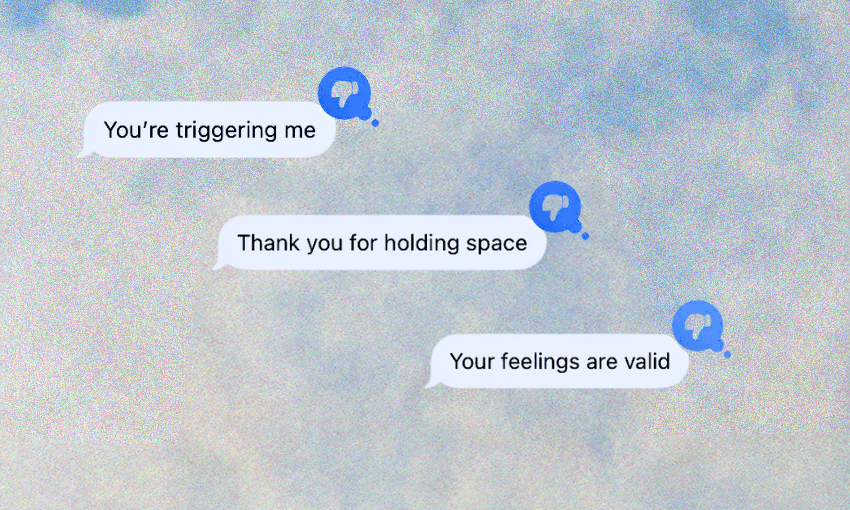



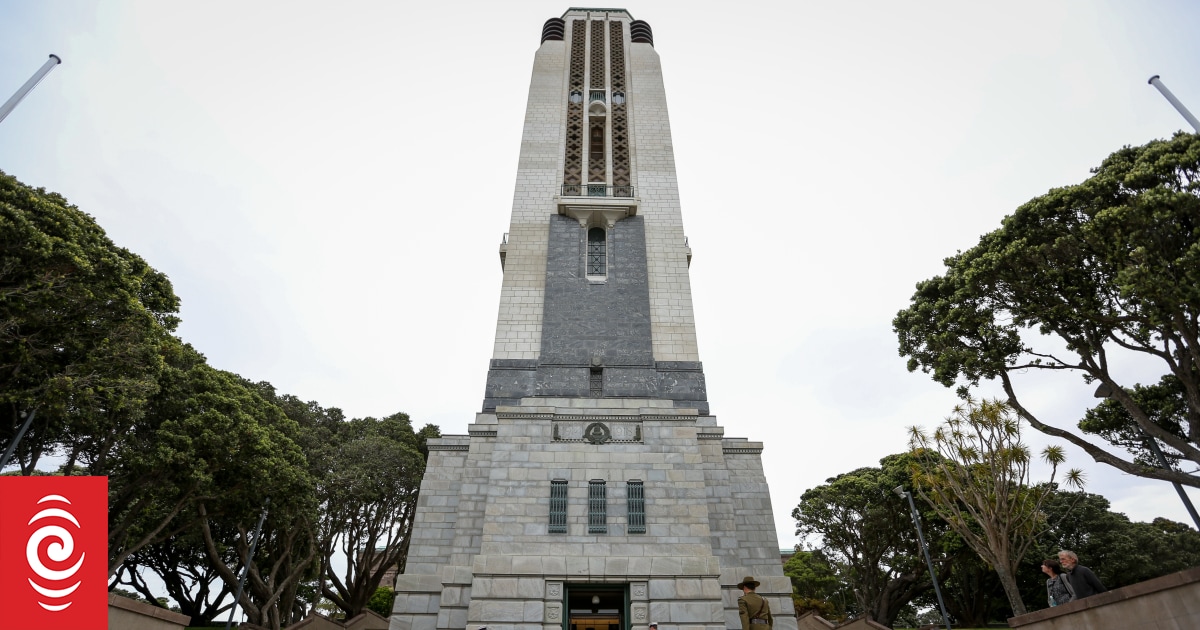
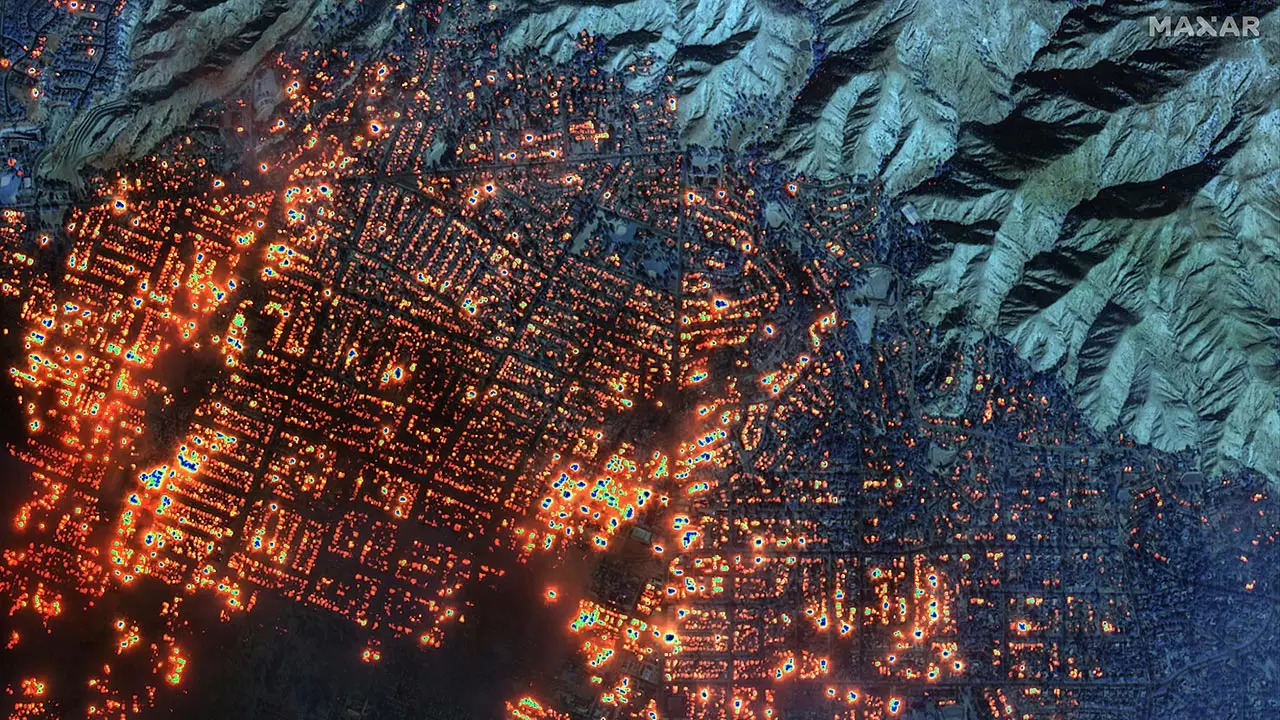




Discussion about this post